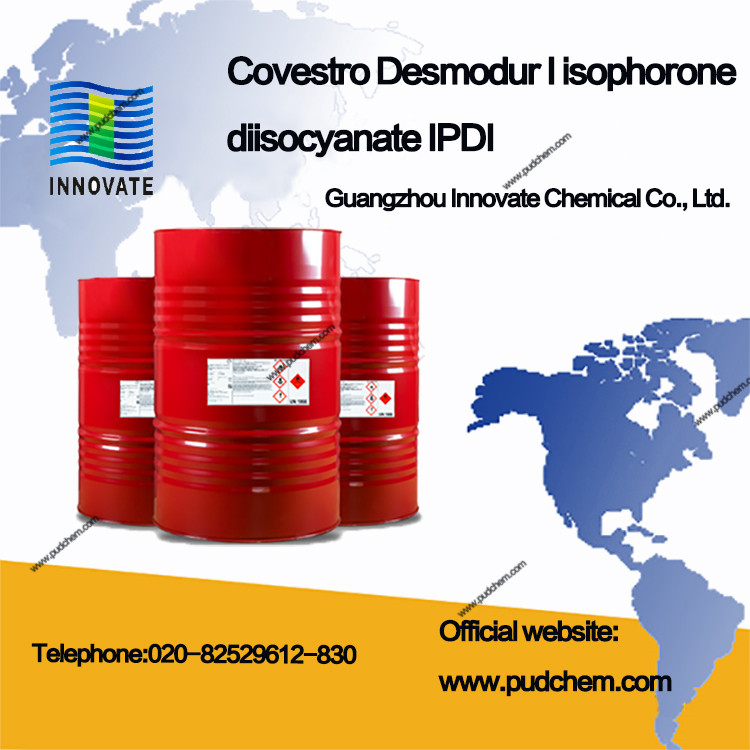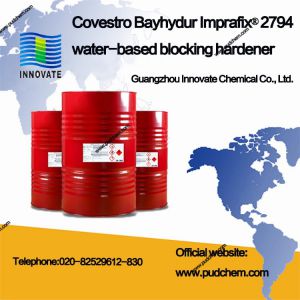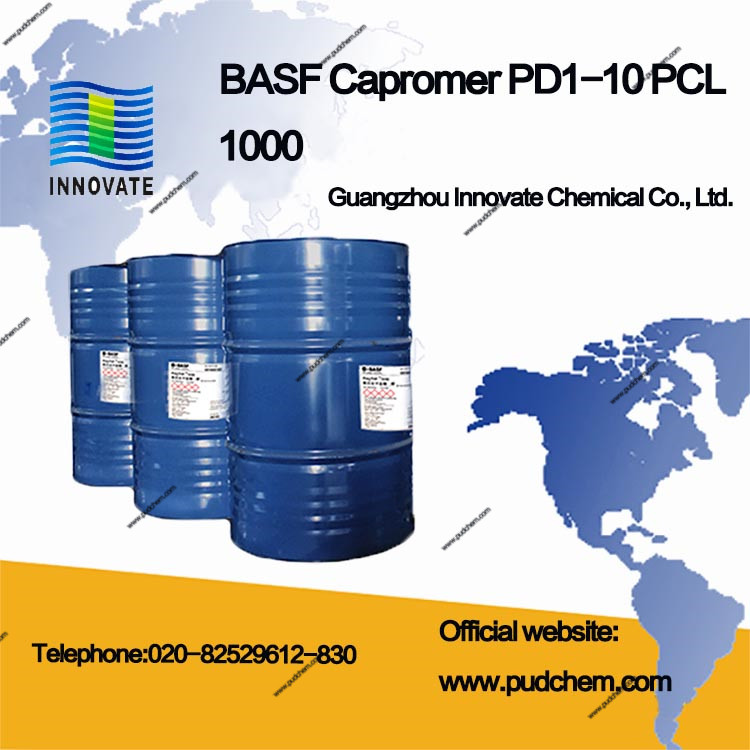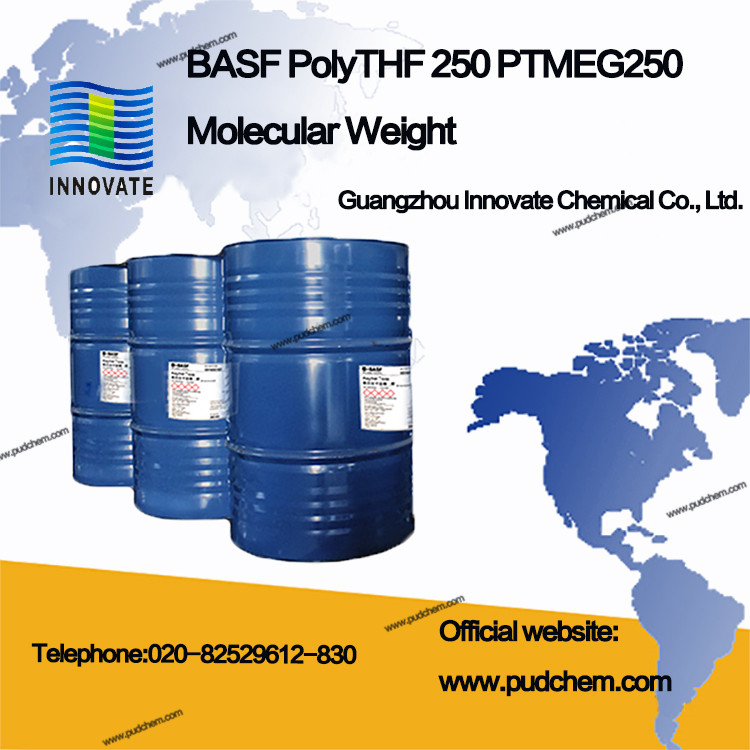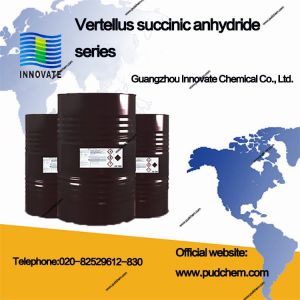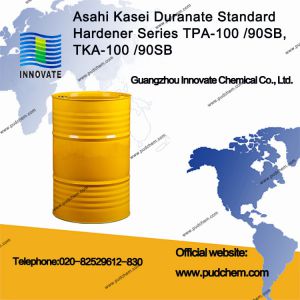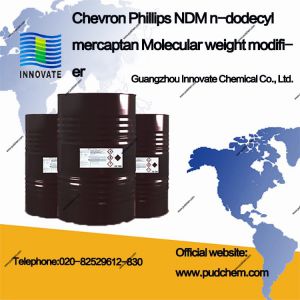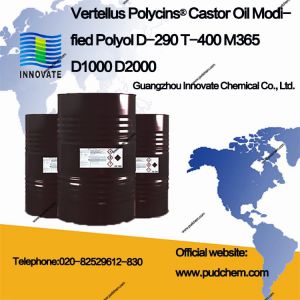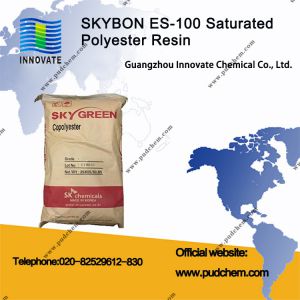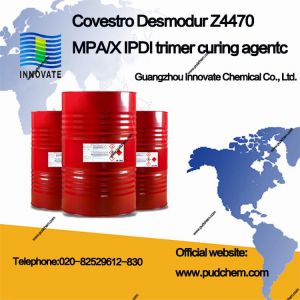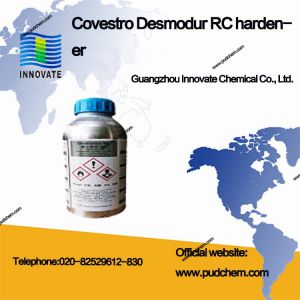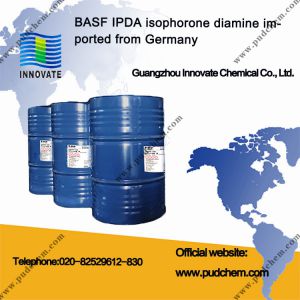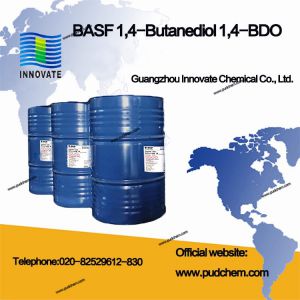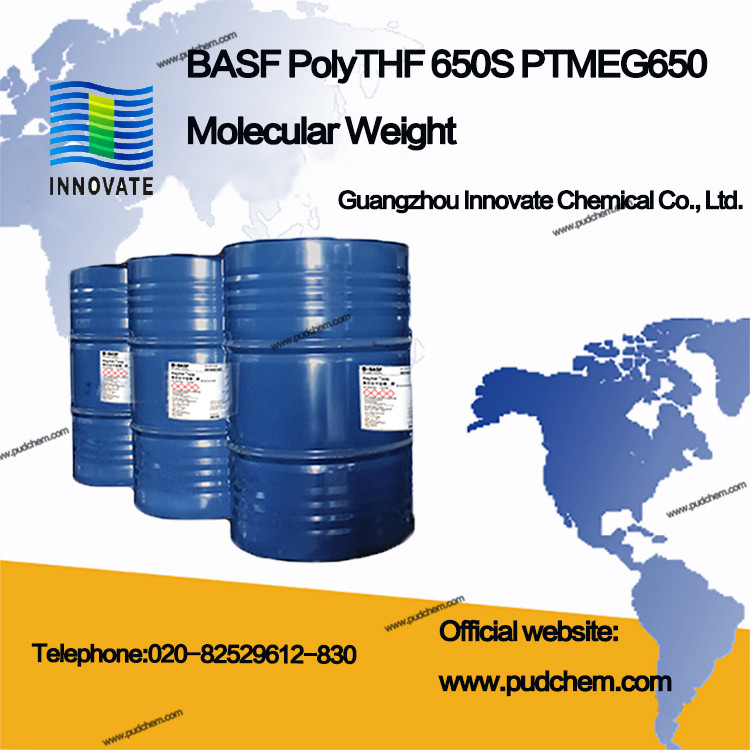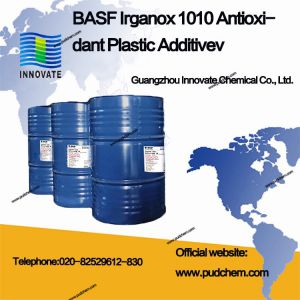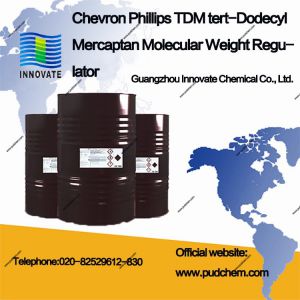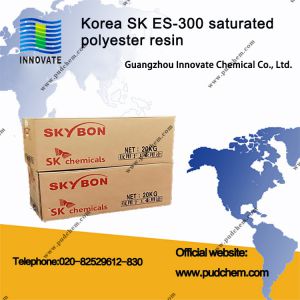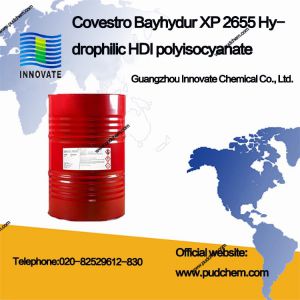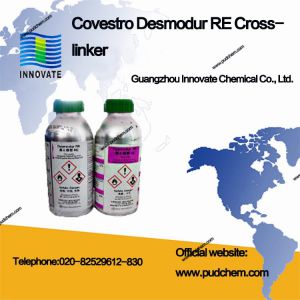allnex proto-Cytec TMXDI(META) Tetramethylxylylene Diisocyanate
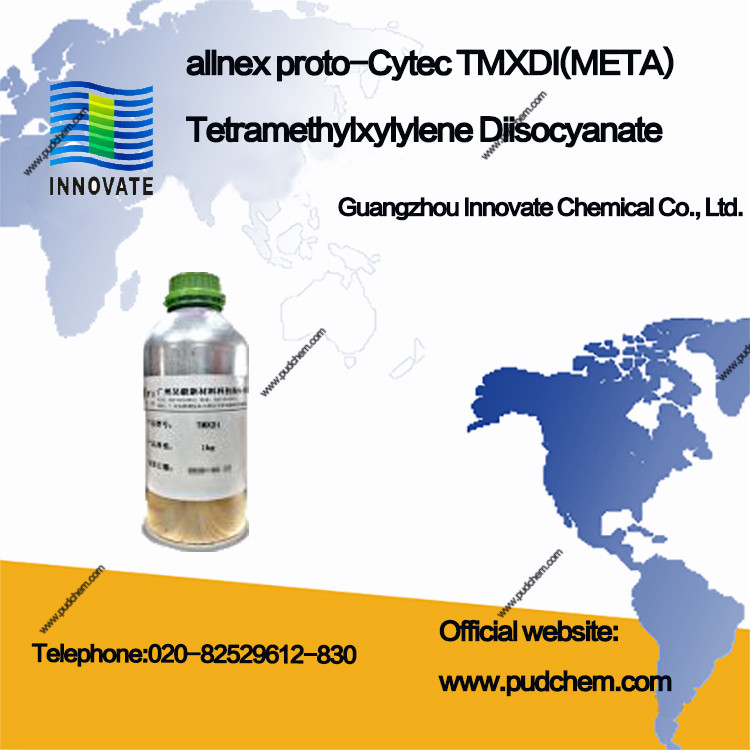
Product introduction
TMXDI(META) aliphatic isocyanate monomer contains two tertiary aliphatic alcohol diisocyanate functional groups. This functional group offers unique properties compared to primary and secondary isocyanates.
TMXDI* monomers are used to synthesize solvent-free polyurethane dispersions. These dispersions can be designed for waterborne adhesives, coatings and inks with light stability, adhesion, flexibility and rigidity.
Typical Characteristics
|
Exterior |
colorless liquid |
|
CAS number |
002778-42-9 |
|
molecular formula |
C14H16N2O2 |
|
molecular mass |
244.3 |
|
NCO content (wt%) |
34.4 |
|
Boiling point (℃, 50mmHg) |
150 |
|
Flash point (℃) |
153 |
|
Specific gravity at 25°C |
1.07 |
Scope of application - Solvent-free polyurethane dispersions
- Automotive water-based OEM primer
- Automotive water-based refinish primer
- Water-based coatings for plastics and wood
- Leather water-based primer
- Heat activated adhesive
- Composite Board Adhesives
- Water based ink
Polyurethane Dispersion The tertiary isocyanate functional group character of TMXDI monomer makes it more suitable than other aliphatic isocyanates to synthesize solvent-free polyurethane dispersions. Polyurethane polymers synthesized with tertiary isocyanates have lower and more stable tack than the same polymers synthesized from primary and secondary isocyanate monomers. The phenomenon of steric hindrance also prevents the self-condensation of isocyanates and prevents the formation of allophanates, biurets or isocyanurates. Primary isocyanates with carboxyl groups produce few side reactions and have low reactivity, which allows prepolymers based on TMXDI monomers to be processed at higher temperatures than other diisocyanates. Higher processing temperatures and lower intrinsic viscosity of the prepolymer allow for simpler synthesis of dispersions without the use of solvents. As long as the temperature of the water does not exceed 40°C, the reaction between isocyanate and water is slow or even negligible, so chain extension should be done at a 1:1 stoichiometry.
Coating Application Dispersions synthesized from TMXDI monomer have less strain and higher ductility tendencies to failure than corresponding dispersions synthesized from isophorone or hexamethylene diisocyanate. The addition of a small amount of trimethylolpropane to the prepolymer formulation can increase the tension. When good ductility is maintained, dispersions synthesized from TMXDI monomers constitute unique coatings with flexibility. Dispersions based on the characteristics of TMXDI monomers can be made into soft and elastic coatings, as well as coatings with the hardness of automotive topcoats. Achieving the specified hardness depends on choosing the correct host polyester resin and varying NCO/OH ratios, as well as the amount of carboxylic acid functional groups and short-chain diols. When it is desired to use these dispersions to produce hard paint films, it is necessary to add the relevant solvent and resin mixture. Coatings based on dispersions of TMXDI monomers have uniquely good substrate adhesion. Because these dispersions are thermoplastic, the addition of crosslinkers is recommended when solvent resistance is required.
More about this source textSource text required for additional translation information
Send feedback
Adhesive application Dispersions synthesized from TMXDI monomer can provide lower heat activation temperatures than dispersions synthesized from isophorone diisocyanate or hydrogenated benzhydryl isocyanate. In addition to lower activation temperatures, the adhesive activation temperature remains constant over time. Low thermal activation and good adhesion to flexible substrates allow TMXDI-based solvent-free dispersions to be applied to temperature-sensitive plastic substrates and flexible film adhesives.
Ink Application Due to the adhesion of TMXDI monomer-synthesized dispersions on flexible plastic substrates, it is a good choice for aqueous ink binders.
closed product TMXDI (META) aliphatic isocyanates can react with typical blocked isocyanates to form one-pack thermoset coatings. For immobilized blocking agents, tertiary isocyanate functional groups are 10-15°C lower than the deblocking temperatures specified for primary and secondary isocyanates.
storeBecause TMXDI (META) aliphatic isocyanates are sensitive to humidity, they must be stored in tightly closed original containers to prevent contamination from moisture and air. If the storage container is not full, it is recommended to fill the space above the liquid surface inside the container with dry nitrogen before sealing.
Health and Safety Information Inhalation of TMXDI (META) aliphatic isocyanates is harmful to humans. Its vapor is irritating, and the liquid can irritate the eyes and cause allergic reactions. However we do not need a closed system, we should provide a good surrounding and local exhaust ventilation to minimize TMXDI exposure. For more information, see Cytec Industries Ltd. Material Safety Data Sheet 2344.
Important Notice
The information and statements in this article are reliable, but do not serve as a guarantee for interpretation or assume corresponding responsibility and legal responsibility for it. The user should conduct sufficient verification and testing to identify the suitability of the information, products and suppliers provided herein for the user's own particular purpose. No warranty of fitness for a particular purpose is provided. Nothing stated in the text is intended as a permission, motivation or suggestion for the practice of novel inventions without a license.
Trademark Notice
® denotes a trademark registered in the United States. The logo can also be registered and used as a registered trademark in other countries.
*All references to TMXDI in the text are considered to be TMXDI(META) aliphatic isocyanates.
More about this source textSource text required for additional translation information
Send feedback
- PREV:DOW GMA Glycidyl Methacrylate
- NEXT:Asahi Kasei PCDL Polycarbonate Diol Series T6002 T5650E 5652 G3450J…

